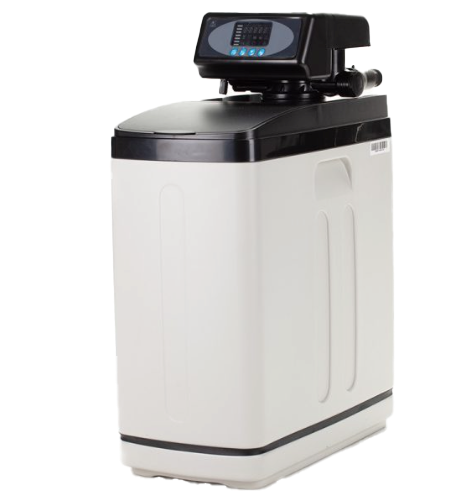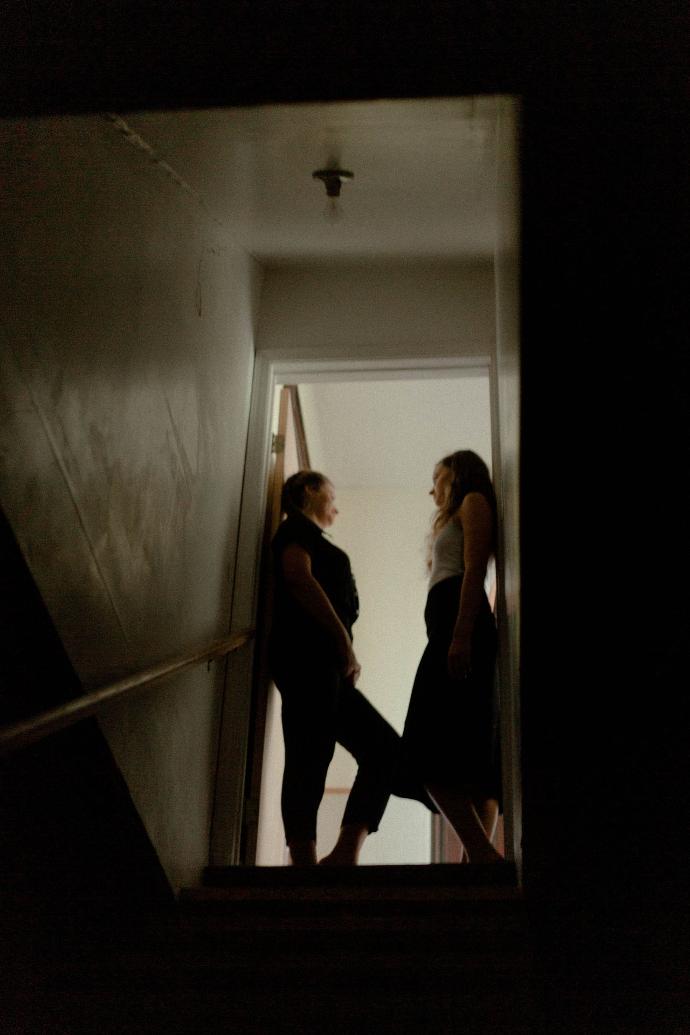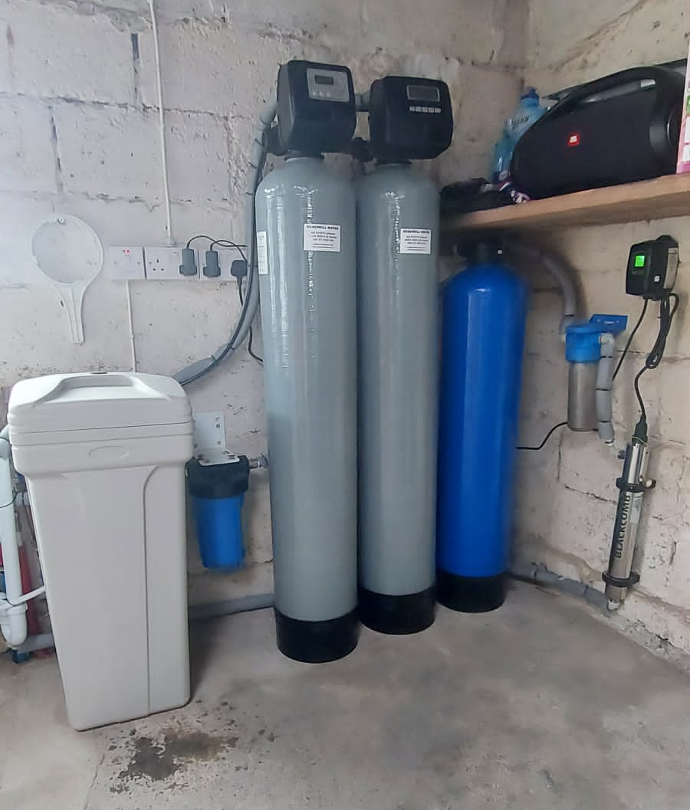Can You Install a Water Softener in an Apartment
Hard water is a common issue that many people face in their homes. It can lead to a variety of problems, such as scaling on faucets and appliances, dingy laundry, and even skin and hair issues. To combat these issues, many homeowners choose to install water softeners. But what if you live in an apartment? Can you still enjoy the benefits of soft water? In this blog post, we’ll explore whether it’s possible to install a water softener in an apartment and what options you have.

Understanding Water Softeners
Before we dive into the feasibility of installing a water softener in an apartment, let’s briefly explain what water softeners are and how they work.
A water softener is a device designed to remove minerals like calcium and magnesium from the water supply. It does this through a process called ion exchange, where resin beads attract and replace the hard water minerals with sodium ions. The result is softened water that is gentler on your skin, appliances, and plumbing.
Consult with Your Landlord:
Before making any decisions, it’s crucial to check your lease agreement and consult with your landlord. Installing a water softener in an apartment may require their approval, especially if it involves modifying plumbing or fixtures. Discussing your concerns and potential solutions with your landlord is a good first step.


Yes, you can install a water softener in an apartment, but there are some important considerations to keep in mind. Here are the key factors to consider when installing a water softener in an apartment:
Type of Water Softener:

Portable Water Softeners:
One of the most apartment-friendly options is a portable water softener. These compact devices are relatively easy to install and don’t require any permanent modifications to your plumbing. Portable water softeners are typically attached to your showerhead or faucet. They work by passing water through a resin chamber, similar to traditional water softeners.
Pros:
No permanent installation required.
Affordable and easy to transport if you move.
Suitable for small apartments or for softening specific water sources like the shower.
Cons:
May not provide soft water for the entire apartment.
Requires regular resin replacement and maintenance.

Whole-Home Water Softener for Apartments:
If you’re determined to enjoy the benefits of soft water throughout your apartment, you might consider a compact whole-home water softener system designed for apartments. These systems are smaller and more portable than traditional whole-home units, making them suitable for apartment living.
Pros:
Softens water for the entire apartment.
Some models can be easily installed and removed.
Cons:
More expensive than portable options.
May require professional installation and maintenance.
Space and plumbing considerations are still essential.
Installation and Plumbing:
Portable water softeners typically require minimal installation and can be set up without professional assistance. Compact whole-home systems may need more extensive installation and potentially some plumbing adjustments. Ensure you have the necessary skills and tools to perform the installation or consider hiring a professional if required.
Maintenance:
All water softeners, including apartment-sized units, require regular maintenance. This includes adding salt or potassium chloride (for salt-based systems) or replacing resin beads (for some portable units). Be prepared to perform these maintenance tasks or factor in the cost of hiring someone to do them.
Space and Location:
Determine where you will place the water softener. Portable units are more flexible in terms of location, while compact whole-home systems may require a dedicated space with access to the main water supply and drainage.
Cost:
Consider your budget when choosing a water softener. Portable units are generally more affordable than compact whole-home systems. Be sure to account for the initial cost of the system, installation (if required), and ongoing maintenance expenses.
Water Quality Testing:
Before installing a water softener, it’s a good idea to have your water quality tested to determine the hardness level. This will help you choose the right water softener and set it up correctly to address your specific water quality issues.
It is possible to install a water softener in an apartment, but it’s essential to consider your lease agreement, the type of water softener, installation requirements, maintenance, and costs. Additionally, always consult with your landlord and follow any local regulations regarding water treatment systems in rental properties to ensure a smooth installation process.
Can You Install A Water Softener In An Apartment?